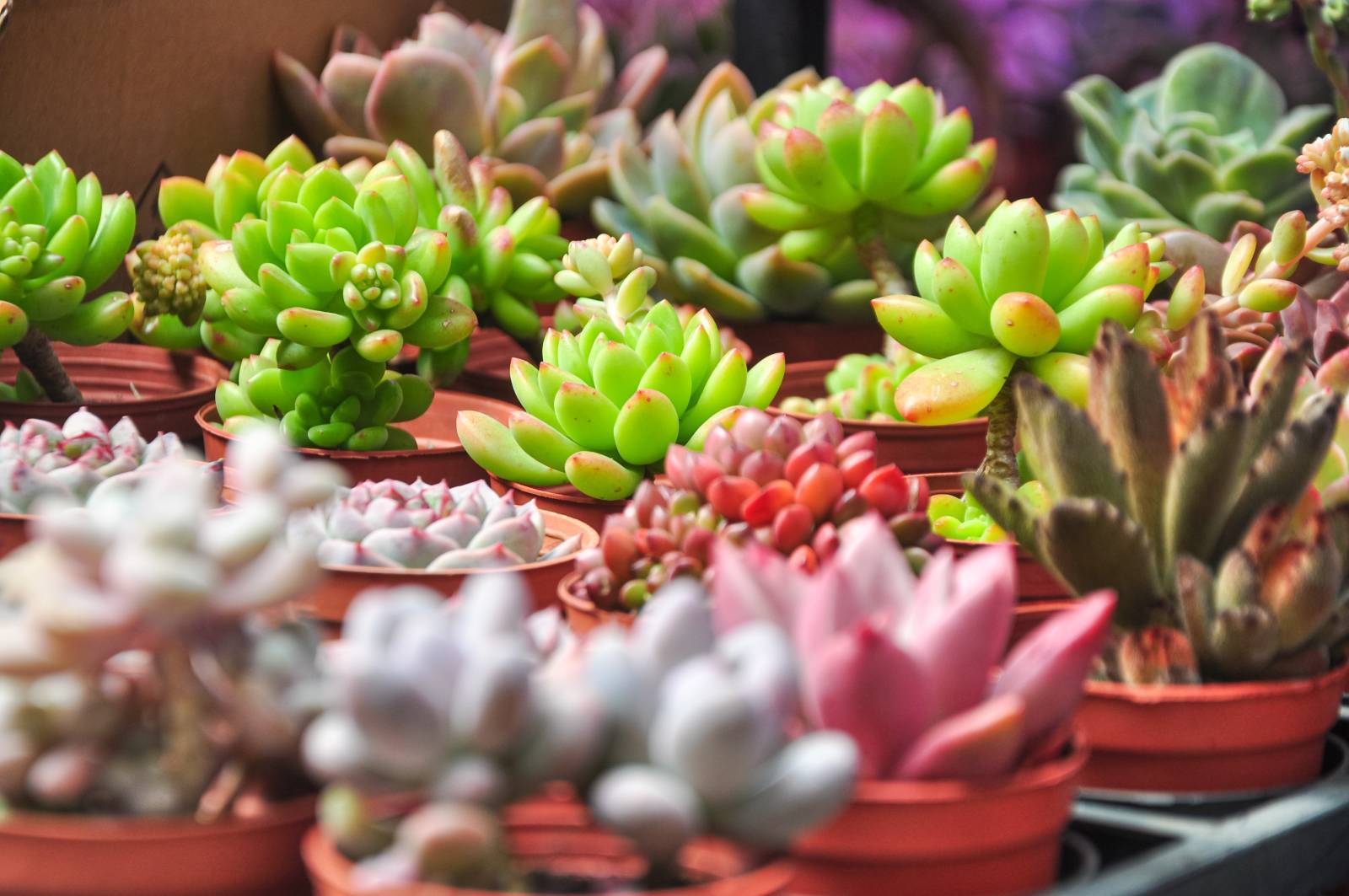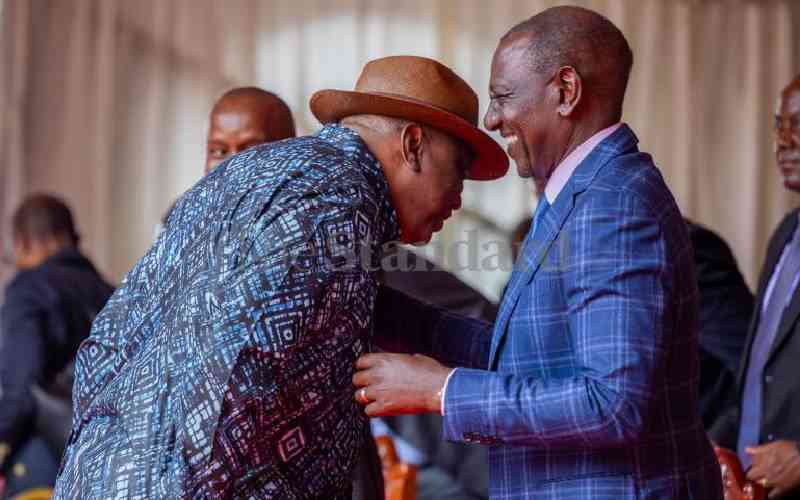Ongoing concerns around the Omicron variant, electricity supply constraints, a poor jobs outlook, and material fiscal constraints do not set South Africa’s expected economic growth recovery on a good path, says Sanisha Packirisamy, economist at Momentum Investments.
In a research note on Monday (3 January), Packirisamy said that South Africa’s growth and fiscal outcomes surprised the upside in 2021, but that risks are tilted to the downside for the new year. Momentum’s estimates show that South Africa’s GDP growth is expected to soften significantly to a projected 2% in 2022.
Some of the most significant growth risks identified by the group include:
- A deceleration in global demand;
- Softer commodity prices;
- Electricity supply constraints;
- Lingering unemployment issues;
- Continuing concerns around the Omicron variant.
The group forecasts South Africa’s GDP to slip to 2% in 2022, with inflation at 4.6%. This will fall further to a GDP growth of 1.8% in 2023 and inflation at 4.3%, it said.

A key focus of investors and ratings agencies in the coming year is whether the government will be able to rein in spending.
“Medium-term pressures on government expenditure resulting from potential overruns on the wage bill and the need to support 9.5 million households who will face an expiration of the Social Relief of Distress Grant at the end of March 2022 compromise the government’s fiscal consolidation and debt stabilisation plans,” Packirisamy said.
“Moreover, municipal finances remain in disarray – further complicated by hung councils resulting from the local government elections – and a few state-owned enterprises are financially distressed, raising longer-term risks to the government’s balance sheet and the sovereign rating outlook.”
2022 will also be key at the political level with several important ANC meetings set to take place this year which are likely to set a course for the country’s economic trajectory.
Packirisamy pointed to the ANC’s mid-year policy conference and the elective conference at the end of the year as two key focus areas.
“Although the July 2021 riots, a challenging state capture commission testimony and the poor performance of the ANC at the local government elections have counted against Ramaphosa, the lack of serious contenders raises his chances of re-election as party president,” she said.
Read: Higher minimum wage proposed for South Africa





















Discussion about this post